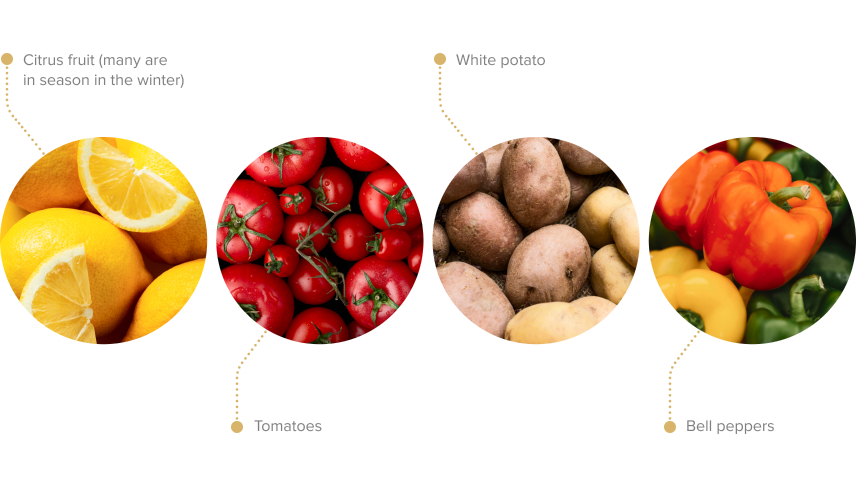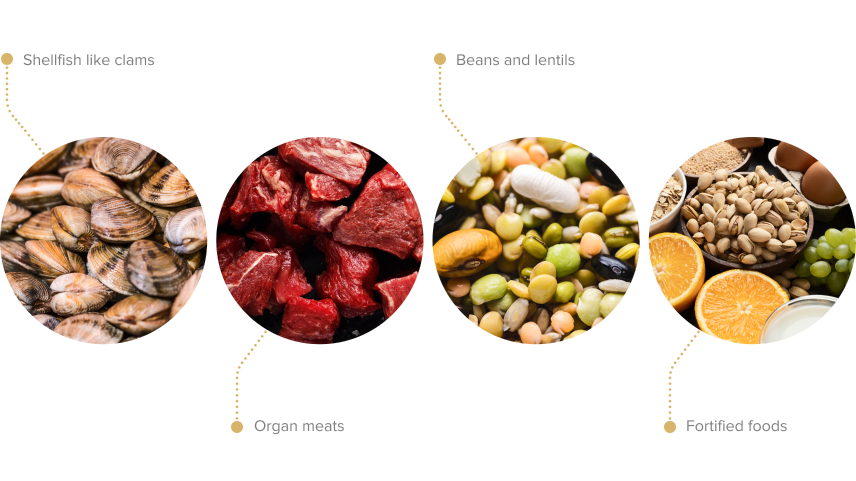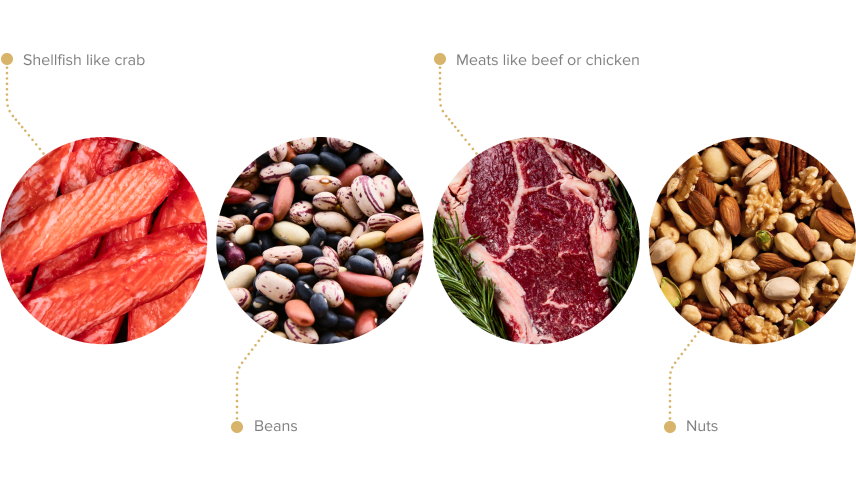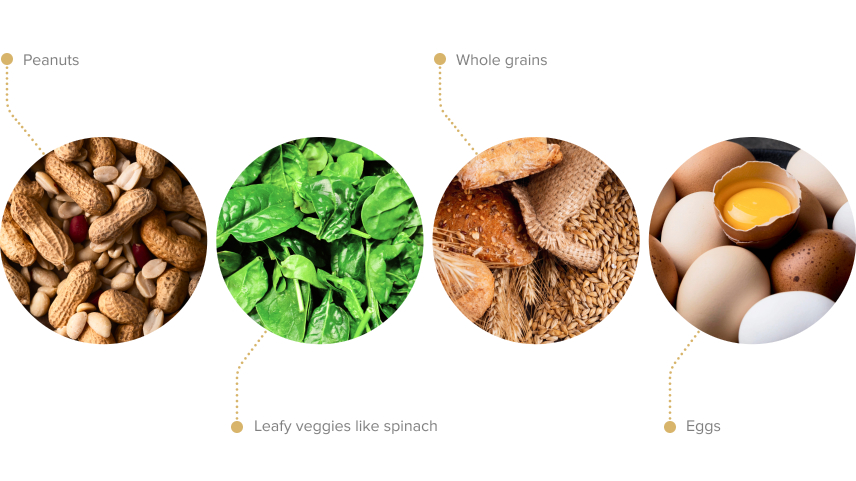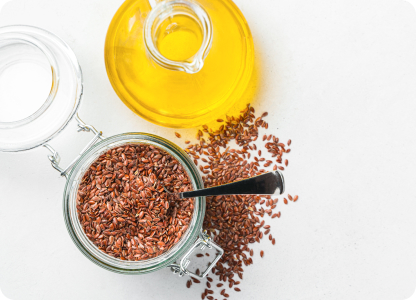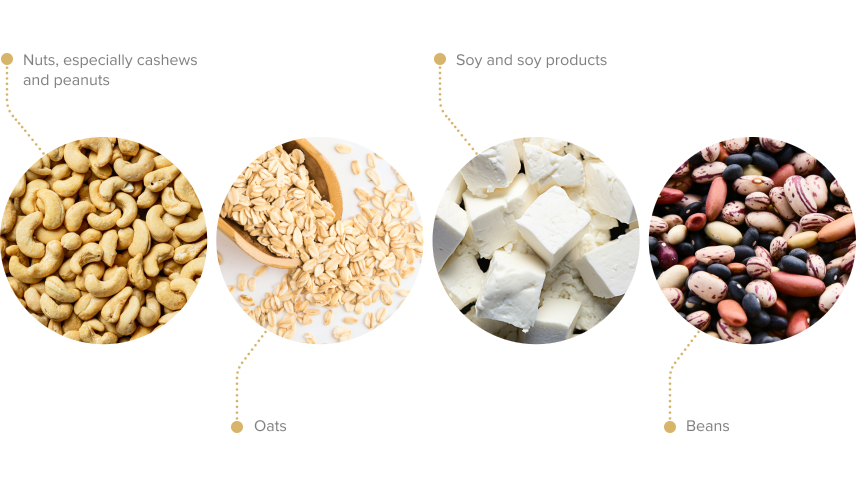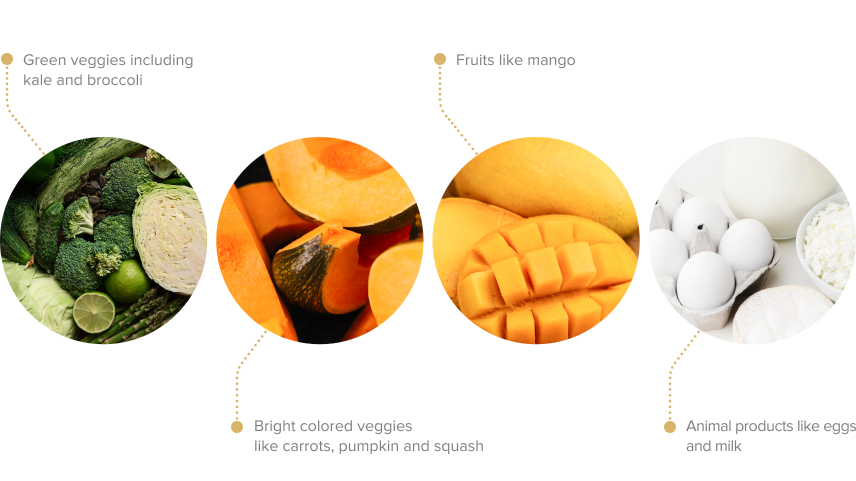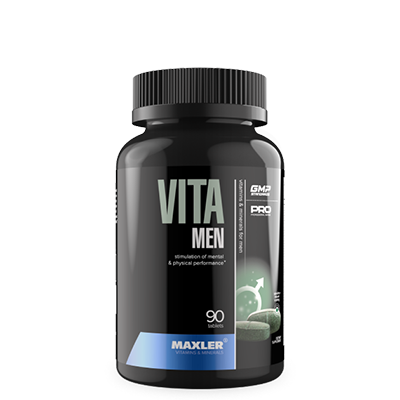Winter is a season that brings even colder temperatures, shorter days, and sometimes, even snow and all the fun associated with it. But we also need to remain healthy and full of energy to support the many activities winter brings. Ensuring we’re getting all the key vitamins and minerals during this season is then essential. But what should we focus our efforts on?
What does your body need in winter?
Winter is a time when we need to look after our immune system, our energy levels and our mood. The shorter days might make some feel blue, likely due to the lack of sunshine typically occurring during winter in the northern hemisphere. Alongside that, work deadlines might be piling up before Christmas holidays and as winter progresses. This means you’ve got to be in top health and full of energy to achieve your goals this winter.
To support these processes in the body, we need a combination of things.
The first one is regular exercise. It helps support our defense systems and is also great for mood. Surprisingly, it also influences our energy levels, with those who work out feeling more energized.
The second is a great sleeping and relaxation routine. Ensuring you get sufficient dreams helps you remain energetic and is also good for mood. Relaxation and de-stressing can support well-being in this busy time.
The third and final thing is, of course, a balanced diet. It helps provide us with the energy we need to carry on, as well as with micronutrients that support wellbeing and immunity. During the winter, there are certain micronutrients we can all get more of to support our goals. Here’s what they are, what they do, and where to find them.
Vitamin C
Did you know that humans were once able to make vitamin C on their own? Unfortunately, we’ve lost this ability, and now have to get it from what we eat. This vitamin is a true classic of the wintertime.
What does it do in the body? It’s actually needed to make collagen, which is essential for bone strength and skin health. It’s also key for our defense system. It is needed by specialized cells that help to kill pathogens, which supports our ability to fight off infection.
If you want to get some more of this micronutrient, look out for the following sources:
Vitamin D
This vitamin is famously associated with the sunshine. It’s needed for bone health, as it helps to incorporate minerals into the bone, making it sturdier. Additionally, it’s needed to support immunity and has positive effects on our moods.
The best way to get plenty of this vitamin is through getting out into the sunshine. If you want to get some more of this micronutrient from foods, look out for the following sources:
- Fatty fish oil, like cod liver oil
- Sardines
- Fortified foods, like mushrooms, orange juice, or cereals
- Egg yolk
- Supplements like Maxler Vitamin D3 5000IU drops
Learn more about vitamin D in our post that’s all about vitamin D!
Iron
This mineral plays a very important role in our energy levels. It serves to carry oxygen in our blood, which allows our cells to use the oxygen to generate a lot of cellular energy. Not getting enough can be associated with tiredness, and it’s especially important for vegetarians and vegans. These groups typically get lower amounts due to our decreased ability to absorb iron from plants.
If you want to get some more of this micronutrient, look out for the following sources:
Zinc
Zinc is another mineral that’s vital for our health and well-being. It’s commonly known for its beneficial support of the immune system, as it helps us recover from illness quicker. It may support our mood.
If you want to get some more of this micronutrient, look out for the following sources:
Folate or Folic Acid
Vitamin B9 is commonly known as folate or folic acid. It’s part of a large group of water soluble vitamins. It can affect our mood and cognition, so it’s a good idea to make sure you’re getting sufficient amounts of this vitamin. Additionally, it’s required to make healthy blood cells, which plays a role in our energy levels.
If you want to get some more of this micronutrient, look out for the following sources:
Omega-3
Omega-3s aren’t quite a vitamin nor are they a mineral, but they’re still an important nutrient for the winter. They are a group of fatty acids,with most of their fame coming from their roles in heart health. However, they also support the cells of the immune system. And they may also benefit our mood. Top tip for those looking to support a hydrated skin in the winter – omega-3s are a great way to do so!
To help you with your intake of this important nutrient, look out for the following sources:
- Fatty fish
- Flax and chia seeds
- Oils like canola and soybean
Magnesium
Did you know that over 300 enzymes require this important mineral? It turns out that magnesium is an exceptionally important for our health, especially as it is needed for cellular signals, energy production and even the upkeep and making of our genetic information. It can assist our moods and help us cope with stress, which is why it’s important to get enough during busy periods like winter.
To help you with your intake of this important nutrient, look out for the following sources:
Vitamin A
There are two forms of this vitamin – the animal form called preformed, and the plant form called provitamin A, also known as beta-carotene. Our body can use both of these and convert them into a form it actually uses. This vitamin plays an important role in our immunity, which is why it’s so important during the winter. Alongside that, it helps our cells divide and supports eyesight, which is also important all year round.
To help you with your intake of this important nutrient, look out for the following sources:
How to understand if you’re getting enough vitamins?
Your best bet in knowing that you’ve got sufficient levels of micronutrients is asking your practitioner for a test to rule out any deficiencies. Other than that, you might find that you’re lacking common signs of the absence of these nutrients, which can involve tiredness. Usually, if you’re getting plenty of fruit and veggies throughout your week or taking a multivitamin, you won’t have any issues with meeting your requirements.
How to get vitamins
Your best bet on getting the vitamins you need this winter is through your diet. These micronutrients are often found in fresh fruits and vegetables, many of which are in season throughout the year. Planning your meals around them can help you incorporate these foods into your routine and get most of the minerals and vitamins you need.
When cooking, use nutrient combinations to increase bioavailability. For certain nutrients, adding other foods or nutrients can make it easier for the body to absorb. For example, a common pairing is iron and vitamin C. Especially if you’re relying on vegetables for your iron sources, vitamin C goes a long way in increasing its bioavailability.
Another option is to consider a vitamin supplement. If you need an overall boost of these nutrients, if you have a busy schedule or lack the capacity to meal prep, a multivitamin may be a good idea. These will typically contain most of the nutrients from this list. Choose multivitamins of a high quality and pay attention to the dosage of the nutrients in the formula. Some formulae may also have additional nutrients that you can benefit from.
For example, Vitamen and Vitawomen are multivitamins containing high dosages of key nutrients, designed to support athletes. They have additional herbal ingredients to support health and performance.
A stand-alone vitamin will be a good idea if you’ve got a particular concern you want to address.
You can find these vitamins and minerals in capsule, drop, or even effervescent tablet forms. Choose bioavailable formulas, such as minerals that have been chelated for best absorption. Additionally, consider how you’re planning to take them, as the form of the supplement you get might be influenced by that.
For those looking to get some omega-3s in your life, but dislike fish oil, try omega-3 supplements. These can be useful in helping you get plenty of EPA and DHA in a single go. Additionally, certain omega-3 supplements can be flavored, so you won’t have to worry about the fishy smell they contain. Where you can, choose natural, triglyceride omega-3 form in your supplement.
Vegans and vegetarians can benefit from additional sources of omega-3s, as the body requires more of the plant form of omega-3. That’s because we need to convert it into a form we can use. Vegan omega-3 supplements, can be useful for this.
Winter is a time for festivities, great adventures and strengthening our bodies and immune systems. So, this winter, prioritize your nutrition to ensure you’re getting all the necessary micronutrient to stay healthy and strong. Consider using a mix of fresh foods and supplements to address your nutritional requirements in a way that suits you. Stay healthy this winter.


